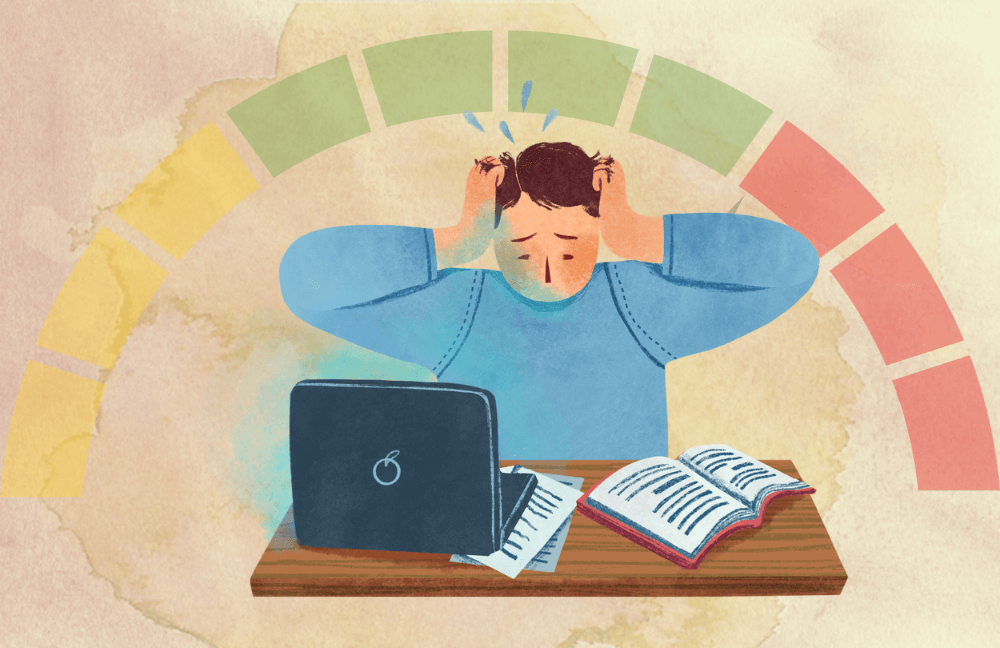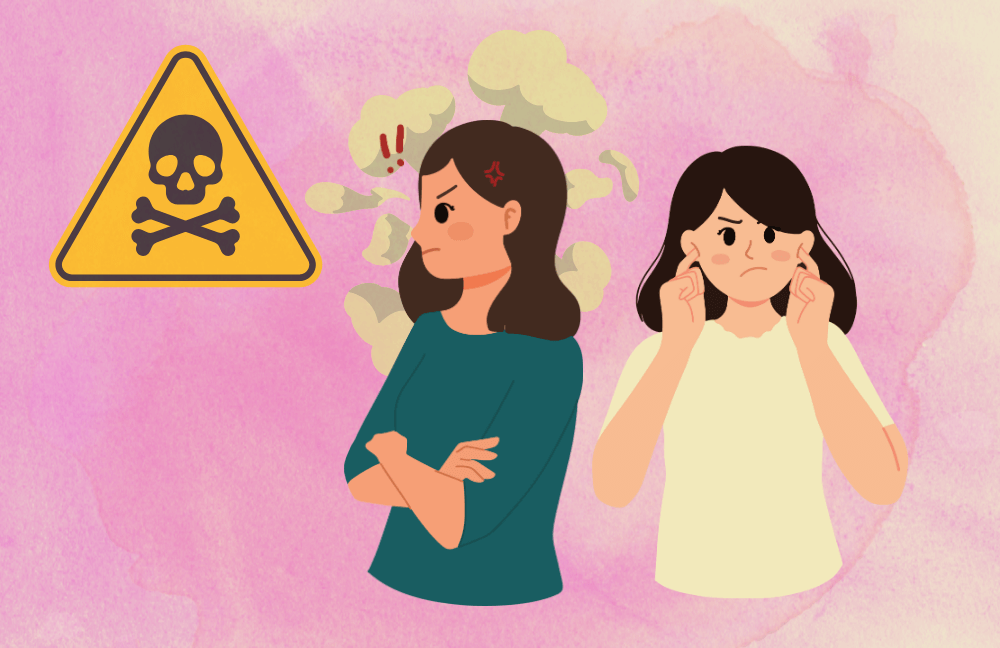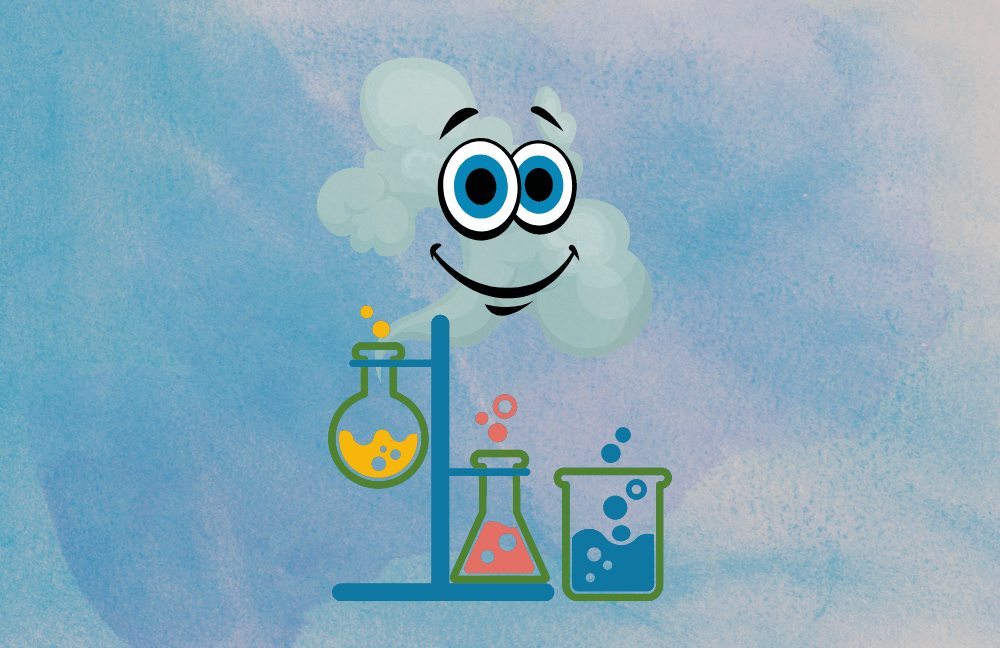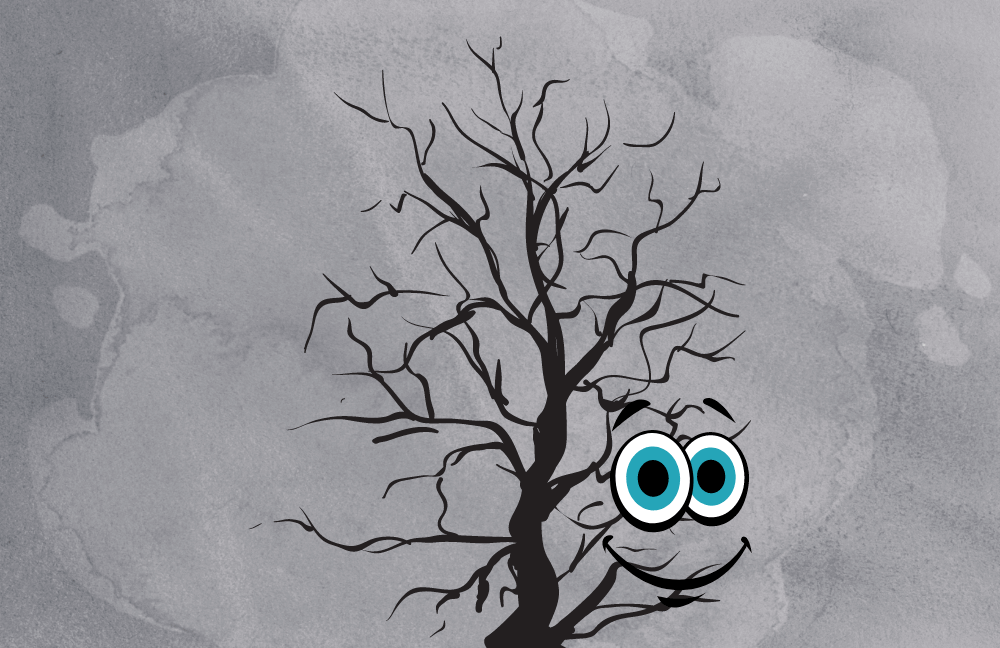
- Home
- About
- Book a Session
- Get Help
Personality
Relationships
Adult
Child
Schools
Corporates
- Do I need help?
- Trending
People can appear to be happy, while internally agonizing with serious depression. In fact, this kind of anguish is more common than the typical depression we know, where we visibly perceive sadness in the sufferer. The challenge is to understand that this is real and that we can do something about it. Typical or atypical depression is treatable. Depression is not a sin. It’s not a transmittable disease. Depression isn’t anybody’s fault.
Myth: Someone who is smiling cannot be actually depressed. Depression is all about sadness, crying, withdrawal and suicide.
Fact:Depressed people who are smiling may actually be sad from within. They have to struggle harder to hide their emotions.
It’s not surprising and not ordinarily expected either; that people would see through the mask worn by a person with atypical depression. They cover-up their feelings well and the “typical” signs of depression do not show. We find it easy to believe that a person is depressed when he or she is visibly sad, constantly crying, facing hardships in everyday life, is unable to work, doesn’t have family support, is possibly single, doesn’t have kids, may have lost his or her job, or maybe doesn’t have too many friends.
When we see someone with a normal life, we are not tuned to understand what they’re feeling. We like to believe what we see. If we do not sense distress, or imagine any reason for it, we’re inclined to think it’s non-existent. And if such a person says they’re not feeling good, we laugh it off assuming it’s a hysterical cry for attention. The truth is very different. Atypical depression symptoms do not present as classically as we imagine; simply because it’s NOT typical..
“I feel angry, bitter, broken, disfigured, miserable, powerless, and hopeless. I live in fright. I cannot see the light. But talking about it doesn’t seem right. Can you help?”
- Atypical Depression
Have you ever thought like this or known someone who may be going through this kind of atypical depression? With these beliefs, the one who is depressed judges that normal people do not know how to deal with (any) typical or atypical depression. And that they will want to stay away, as if depression is a transmittable disease. And people don’t want to contract the “negative vibes” from glum people. Easy solution? Hide it.

“Happiness is not defined by the measure of the currency you hold. Happiness itself is the ultimate currency.”
- Shefali Batra
Depression has dual stigma. What society poses and what we internalize as our own self-stigma. Self-stigma appears to be a bigger evil. Even in advanced cultures, people believe that their own depression will be equated with weakness of character or a theatrical exaggeration of inadequacy and incapability. And so, they choose to hide the symptoms, to prevent being misunderstood, stigmatized or ostracized. This is what enhances atypical depression. Society has long engrained this negativism in people’s minds, and isn’t going away easily.
Intelligence, beauty, money, marriage, children, jobs, friends, family, fame or success; none offer protection from depression. You can have everything and still be depressed. And it’s not your fault. So, when you wake up tomorrow morning, open your eyes to what may not be obviously visible. See the sadness behind the smile, and do something about it. It could save your life. Or someone else’s
“What you can’t see, is usually more dangerous. It’s lurking, mocking, inspecting, gnawing and stealing from you. Watch out for it.”
- Shefali Batra





WhatsApp us